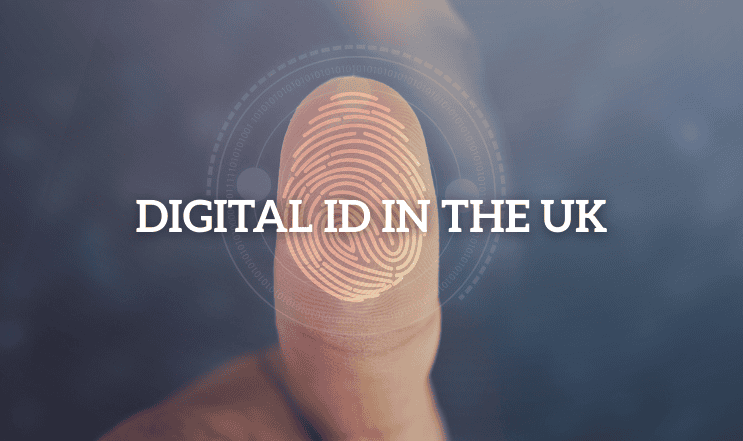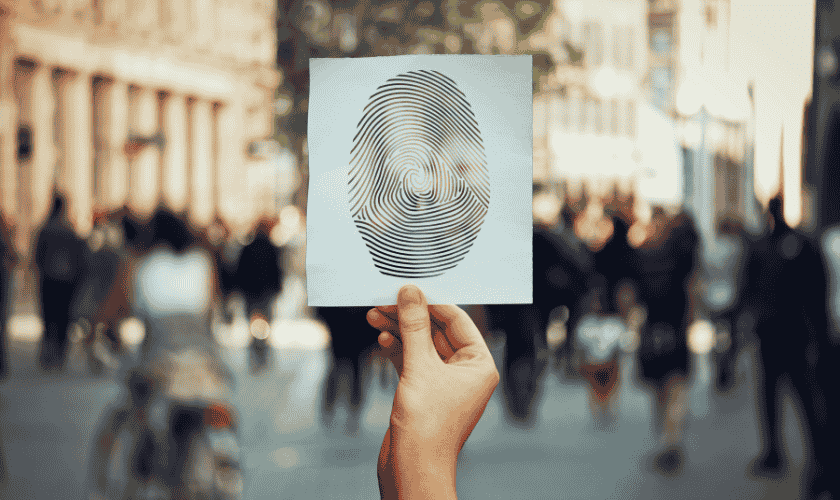
| 

What Is Digital ID in the UK?
A Digital ID in the UK is an electronic version of your identity, designed to make proving who you are quicker, safer, and more reliable. Instead of relying on physical documents such as passports or driving licences, a Digital ID allows individuals to confirm their identity online through secure, government-approved systems. It is part of the UK government’s broader effort to modernise identity verification and reduce fraud.
Why Is Digital ID Important?
In today’s digital world, identity verification plays a crucial role in everything from opening a bank account to applying for jobs or accessing healthcare. Traditional methods often involve paperwork, in-person checks, and delays. A Digital ID streamlines this process, offering:
-
Faster verification for online services
-
Reduced reliance on physical documents
-
Greater protection against identity theft
How Does Digital ID Affect Verification?
With Digital ID, organisations can verify a person’s identity in real-time. For example, when applying for a job that requires a background check, an employer can use Digital ID to confirm identity instantly rather than waiting for manual checks. Similarly, financial services such as banks and lenders can process applications faster while complying with strict anti-fraud regulations.
Digital ID also reduces errors associated with manual data entry and provides a standardised method of verification across multiple industries.
The Benefits of Digital ID in the UK
-
Convenience – No need to carry multiple documents for verification.
-
Security – Advanced encryption makes it harder for fraudsters to misuse personal details.
-
Efficiency – Faster access to essential services such as housing, healthcare, and employment.
-
Consistency – One identity check works across different platforms and services.
Challenges of Digital ID
While promising, Digital ID is not without challenges. Concerns about data privacy and the risk of cyberattacks mean strong safeguards must be in place. Additionally, not everyone has access to smartphones or digital services, raising the issue of digital exclusion. The government and service providers must ensure accessibility for all.
The Future of Digital ID in the UK
The UK government is actively developing its Digital Identity and Attributes Trust Framework, aiming to create a secure and widely accepted system. As adoption increases, Digital ID is expected to become a standard requirement for many online services, reshaping how individuals prove their identity in everyday life.
Conclusion
Digital ID in the UK is set to transform the way we verify identities, offering speed, security, and convenience. While challenges remain, its benefits for individuals, businesses, and government services are clear. Embracing Digital ID could mark the next step in making digital interactions safer and more efficient.


